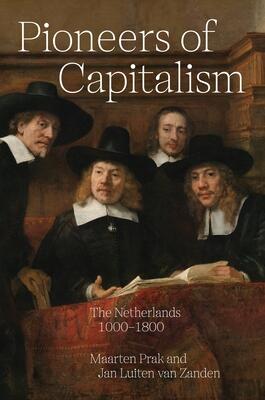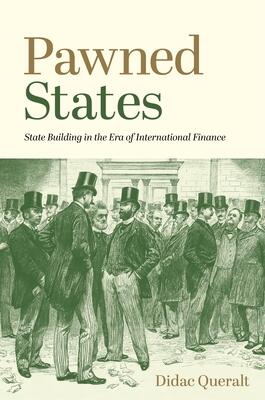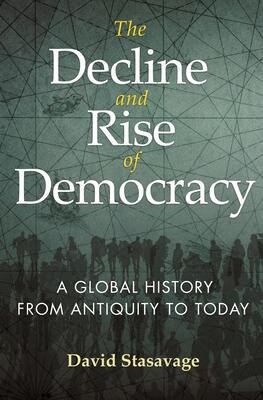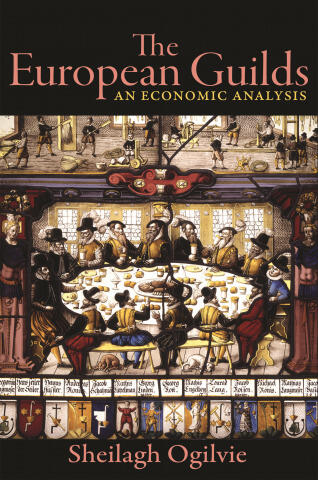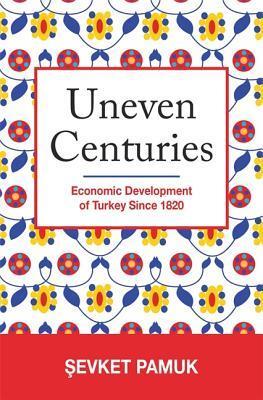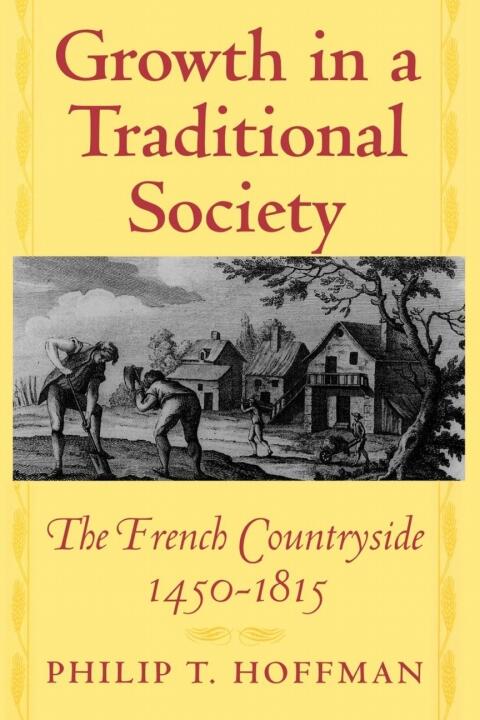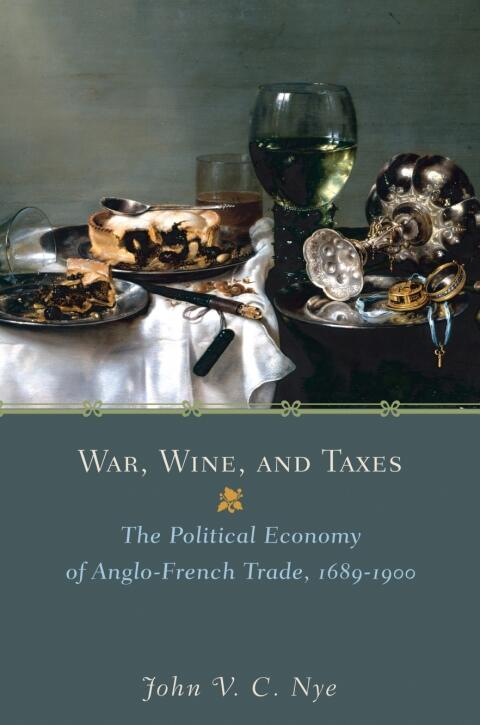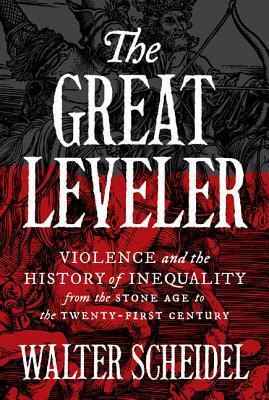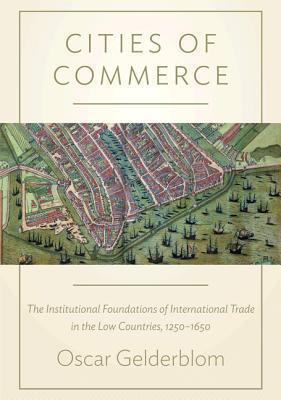
Cities of Commerce: The Institutional Foundations of International Trade in the Low Countries, 1250-1650
door
Oscar Gelderblom
Nog geen beoordelingen
Formaat
Hardcover
Pagina's
312
Taal
Engels
Gepubliceerd
Sep 8, 2013
Uitgever
Princeton University Press
ISBN-10
0691142882
ISBN-13
9780691142883
Beschrijving
Oscar Gelderblom's exploration into the dynamics of commerce in the Low Countries during a pivotal era presents a rich narrative filled with insights about the interplay between cities and trade. By examining the period from 1250 to 1650, the author sheds light on how urban rivalries fostered innovative institutional frameworks that transformed economic practices. These cities, characterized by their bustling market activities, became crucial arenas for negotiating trade agreements and establishing merchant networks.
The book delves into the complexities of trade relationships, detailing how competition among urban centers led to the creation of legal and economic institutions that laid the groundwork for modern commerce. Gelderblom meticulously analyzes a variety of historical case studies, illustrating how local decisions impacted broader economic trends and helped to shape international trade practices.
Furthermore, the narrative emphasizes the significance of geography and political structures in the success of these urban centers. With detailed discussions on governance and trade policies, the author paints a comprehensive picture of how cities in the Low Countries cultivated environments that not only facilitated trade but also encouraged innovation in commercial practices.
As a result, this work serves not only as a historical account but also as a theoretical framework for understanding the evolution of commerce in Europe. By connecting past events to modern economic principles, Gelderblom offers valuable lessons on how institutional foundations can influence the trajectory of trade over centuries.
The book delves into the complexities of trade relationships, detailing how competition among urban centers led to the creation of legal and economic institutions that laid the groundwork for modern commerce. Gelderblom meticulously analyzes a variety of historical case studies, illustrating how local decisions impacted broader economic trends and helped to shape international trade practices.
Furthermore, the narrative emphasizes the significance of geography and political structures in the success of these urban centers. With detailed discussions on governance and trade policies, the author paints a comprehensive picture of how cities in the Low Countries cultivated environments that not only facilitated trade but also encouraged innovation in commercial practices.
As a result, this work serves not only as a historical account but also as a theoretical framework for understanding the evolution of commerce in Europe. By connecting past events to modern economic principles, Gelderblom offers valuable lessons on how institutional foundations can influence the trajectory of trade over centuries.
Recensies
Nog geen beoordelingen
Wees de eerste om dit boek te recenseren en deel je gedachten
Voeg Eerste Recensie ToeLeeslogboek
Geen leeslogboeken gevonden
Begin met het volgen van je leesvoortgang om logboeken hier te zien
Voeg je eerste leeslogboek toeNotities
Geen notities gevonden
Begin met het toevoegen van notities om ze hier te zien
Voeg je eerste notitie toeTransactielogboek
Geen transactielogboeken gevonden
Begin met het volgen van je boektransacties om logboeken hier te zien
Voeg je eerste transactielogboek toe

